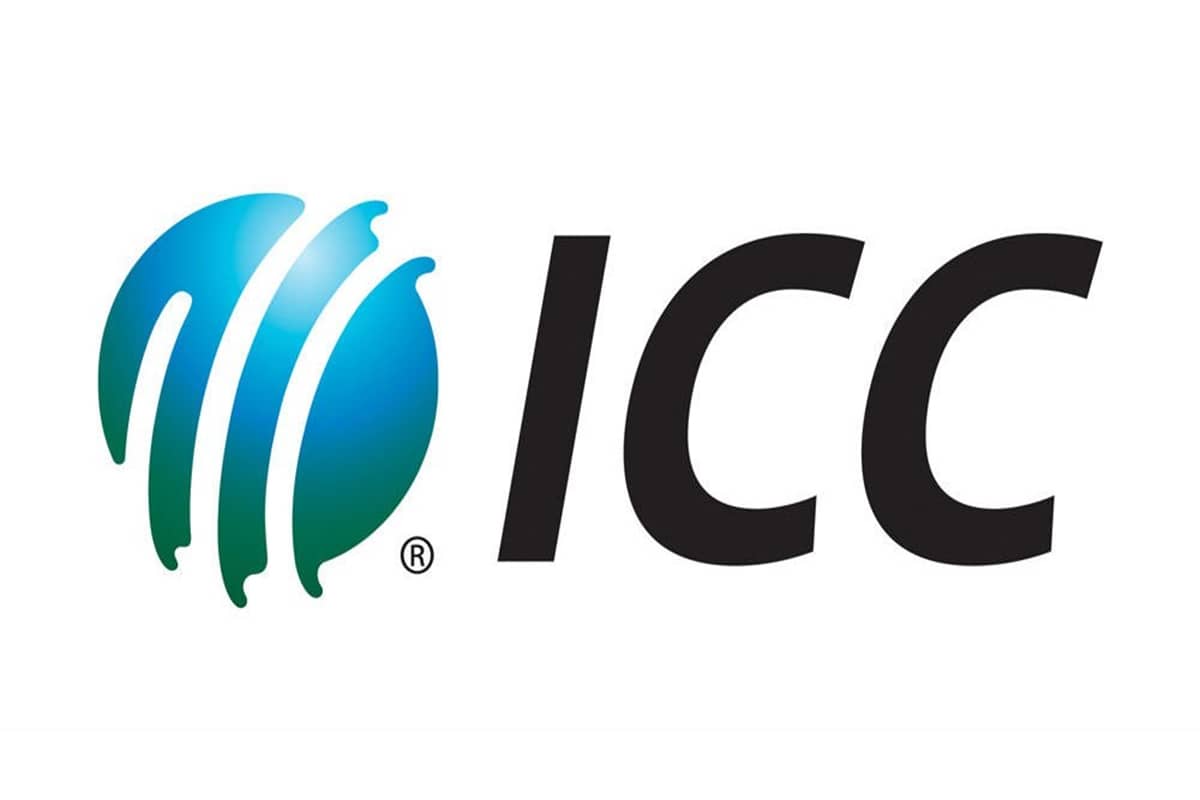ICC mandates stop clock rule for men’s ODIs and T20Is, aiming to improve over rates. Monetary fines and fielding penalties also enforced. #CricketRules #ODI #T20 #ICC
The International Cricket Council (ICC) has announced the permanent implementation of the stop clock rule for men’s One Day Internationals (ODIs) and Twenty20 Internationals (T20Is) between Full Members, effective from June 1. The decision comes after successful trials of the rule since December last year.
Under the new rule, the fielding side must commence an over within a minute of the previous one ending. Failure to do so will result in warnings from umpires, with a subsequent five-run penalty for repeated offenses. The ICC cited time-saving benefits of approximately 20 minutes per ODI match during the trial period.
Also Read : Graeme Swann, Rohit Sharma’s Captaincy Not Superior to Ben Stokes’
Alongside the stop clock rule, the ICC enforces fielding penalties and monetary fines to regulate over rates in limited-overs cricket. Fielding penalties mandate an extra fielder inside the 30-yard circle if the final over doesn’t begin on time. Monetary fines, comprising a 5% match fee reduction for every over short of the required rate, apply with a higher penalty for team captains.
The upcoming 2024 T20 World Cup in the USA and West Indies will introduce reserve days for knockout matches, requiring a minimum of 10 overs per innings for completion. Additionally, 12 teams will qualify automatically for the 2026 T20 World Cup, including hosts India and Sri Lanka, and others from the Super Eights in 2024. Remaining slots will be determined based on ICC T20I rankings and regional qualifiers.
These regulatory measures aim to enhance match efficiency and ensure fair competition in international cricket tournaments.






